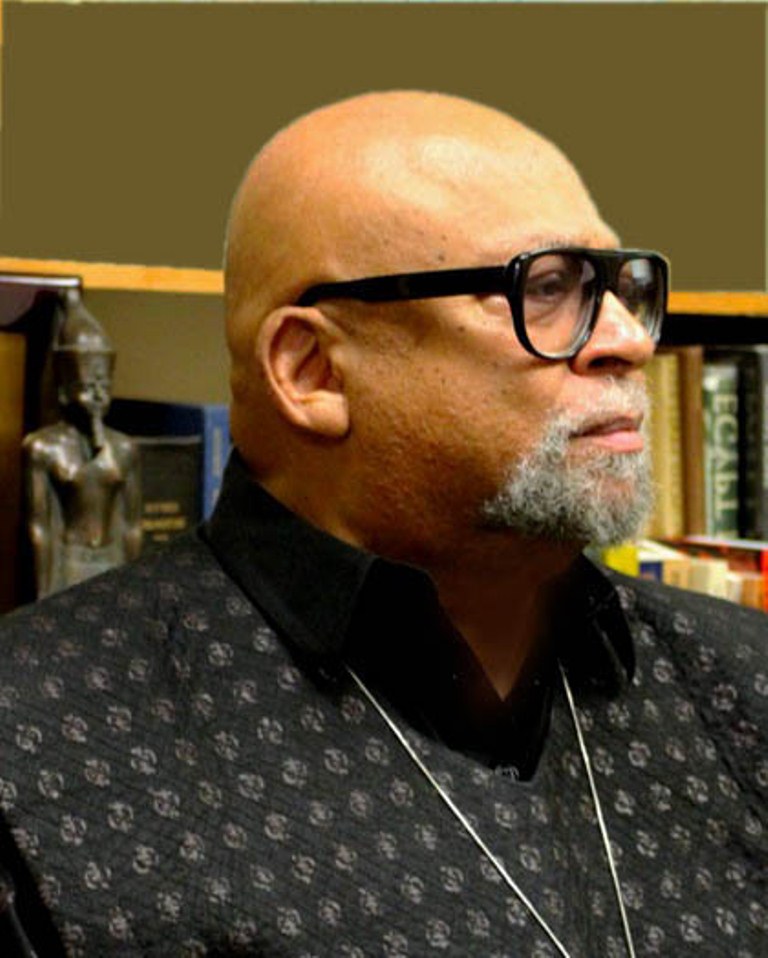Dr. Maulana KarengaMay 2, 2019
During both the Holocaust of enslavement and the era of segregation, leaving the plantation was a metaphor, mental process and actual practice of freedom. It was a freeing oneself mentally and physically, thinking freedom and then acting in ways that led to its achievement as did Harriet Tubman, Frederick Douglass, Fannie Lou Hamer, Messenger Muhammad and countless others in their rejection of and resistance to enslavement and segregation. Clearly, it is rumored and reported in various official and unofficial send-outs and circles that we have all left the plantation and are all free. But today, regardless of official edited and embellished reports; images of mixed couples and company in TV commercials and movies; and our wishing and wanting to believe we are beyond its borders and bondage, the plantation and its politics remains with us.














